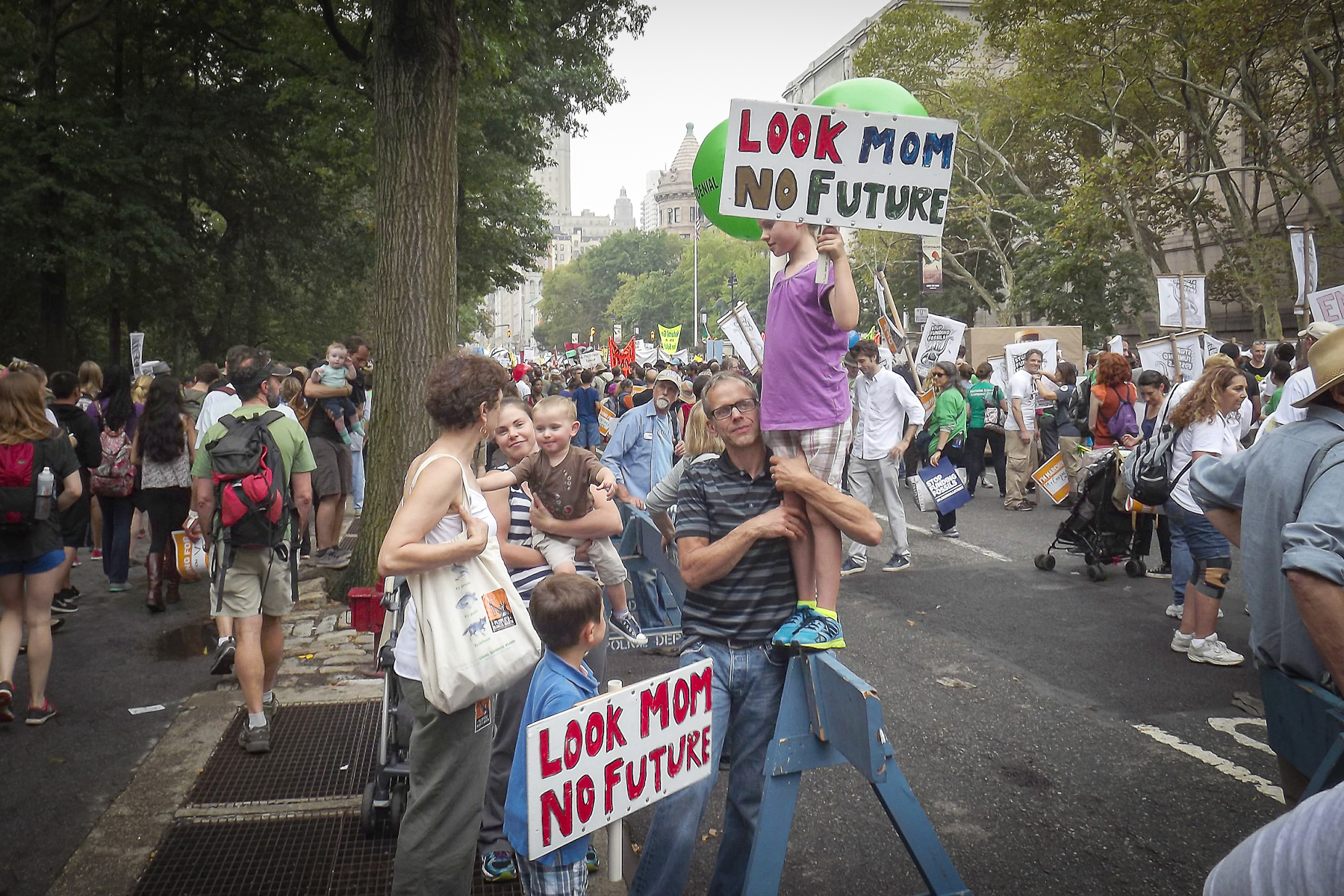Several 60- and 70-degree days in late-February broke records all over the Northeast, and while many of us are enjoying the unusual weather, it’s causing anxiety for others.
“Although I do enjoy temperatures being warmer, and I enjoy being outside, I do think that it’s a wakeup call,” says Erin McCormick, who lives in a suburb south of Pittsburgh. “What’s it going to be like years from now? How bad is it going to get? You know, are the glaciers going to melt in Antarctica? And then what?”
LISTEN: The Psychological Impacts of Climate Change
In fact, how the threats from climate change are impacting us psychologically is an increasingly hot topic among writers and social scientists. There are now so many titles on the subject that Michael Svoboda, a writing professor at George Washington University and former bookseller, has compiled a reading list about climate and psychology for Yale Climate Connections — a clearinghouse for climate change information.
“Dealing with climate change — and solving the problem of climate change — is as much a social, psychological, behavioral problem as it is a scientific [or] technological problem,” Svoboda says. “So we’re getting books that are dealing with the human psyche as a big part of the equation of climate change. That is both how you get humans to change their behavior, and a growing recognition that this is already having impacts and so how we deal with that.”
Svoboda says the books in this area explore a range of topics, but he’s noticed several recurring themes — like why we have such a hard time talking about climate change.
“Climate change communicators have realized that climate change is exactly the opposite of the kinds of problems that our brains are wired to respond to quickly and immediately. It’s remote, it’s distant in time. Then there are ways we can fool ourselves into ignoring a problem with various avoidance mechanisms. Then there’s the problem of anxiety: What happens if you actually acknowledge this is a reality, but it’s a reality that’s hard to do something about and actually depends on a lot of other people besides yourself — and you have to figure out how to stay sane, confident and active in the face of what could seem like an overwhelming and insurmountable problem.”
Though a lot of the books are geared toward academics, Svoboda says there are plenty of accessible titles. He recommends checking out:
Coming of Age at the End of Nature: A Generation Faces Living on a Changed Planet, which explores how young people are dealing with the prospect of living in the climate change era.
The Great Derangement: Climate Change and the Unthinkable, a book by Indian novelist Amitav Ghosh that Svoboda says argues for “a major rethink of our relationship with nature and other cultures around the world.”
Environmental Melancholia, which explores the sorrow people feel when the natural world they once knew is changing.
And if you’re ready for a deep dive into this hot new sub-genre in climate change reading, you can see Michael Svoboda’s full list of picks here.


